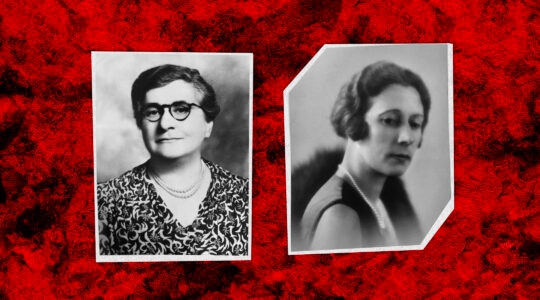Hillary Clinton’s smackdown today with U.S. Rep. Dana Rohrabacher (R-Calif.) over Dick Cheney’s claim that torture kept America safe is what’s getting headlines.*
Testifying before the U.S. House of Representatives Foreign Affairs Committee, she retorted: "It won’t surprise you that I don’t consider him a particularly reliable source of information," flooring Rohrabacher and making the case in a flash for why – for strictly professional reasons – I would have preferred her as president. I mean come on: Cool and inspirational vs. Cutting and confrontational? When you’re a journalist, it’s not even a close call.
There was another, friendlier, even heimishe example of her quick wit.
U.S. Rep. Eliot Engel (D-N.Y.) had chewed up most of his five minutes with warm greetings from fellow New Yorkers, state pride, questions about Kosovo, about Cuba, about the Middle East, about whether U.S. funds will ever reach Hamas. Committee chairman U.S. Rep. Howard Berman (D-Calif.) told Clinton (with just the teensiest note of exasperation at Engel) that she had a minute and three seconds to answer.
She gamely ran through each of the questions (and even acknowledged the shout outs) with an accelerated efficiency and finished – practically shouting – "And we will not give aid to Hamas!" It brought the room down.
*Now that I’ve brought the topic – torture, and more expansively, expanding wiretapping powers, detention without trial, the whole Bush opus when it comes to jettisoning our civil liberties – I have a question for former Bushies I have yet to see answered.
The traditional – even reflexive – reply to allegations of abusive expansion of powers has been: "We’ve kept the country safe. There hasn’t been an attack on U.S. soil since Sept. 11.
True enough. But there was another Bush defense – once put forward with equal vehemence, now forgotten – that, contary to the insinuation of Democrats (or the outright accusations during the 2004 campaign), the Bush administration did not go it alone, that it carefully cultivated allies, and not all of them were Micronesia: Britain, Spain, Australia, Poland, the Czech Republic.
So here’s the thing: U.S. agencies had a freer hand than ever to listen to the bad guys. U.S. interrogators had a freer hand than ever to rough them up.
Yet in that period, there were major – devastating – attacks in London, in Madrid and in Indonesia (targeting vacationing Australians in Bali), not to mention terror campaigns against U.S. allies in North Africa.
Clearly, U.S. interrogators were not telling their eagerly spilling captives, "Skip the info about the plans for a mass transit attack in Madrid, we don’t give a damn." The effect of those attacks was to further isolate the United States, making it less secure. (And given that effect, perhaps not attacking the United States directly was the point?)
So, as long as Dick Cheney is showing us his expansive side, I’d like to know: Who fell down? How did U.S. intel – armed with these allegedly prodigious new powers – not predict and prevent these attacks?
JTA has documented Jewish history in real-time for over a century. Keep our journalism strong by joining us in supporting independent, award-winning reporting.





